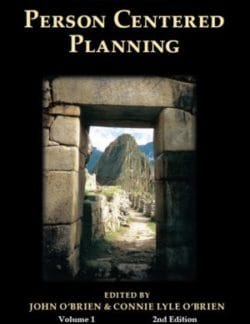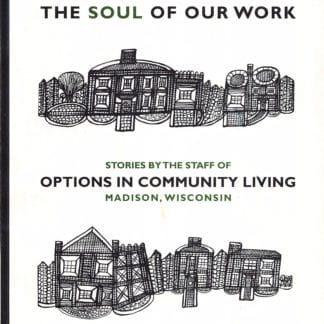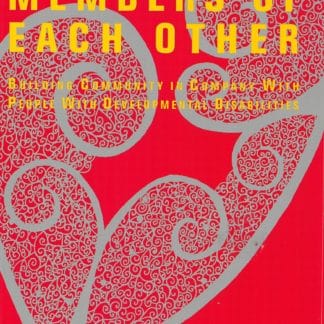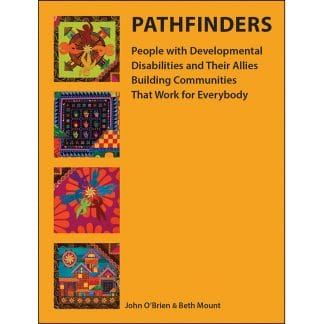Judith Snow
1991
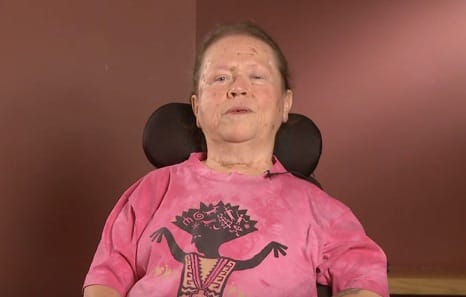
There is in the world today a vibrant new culture. It is young and rough, but its birth has been true and with proper nurturance its life and growth promise to be dramatic. It is the culture of inclusion.
The culture of inclusion begins in the affirmation that all human beings are gifted. This statement sounds strange to many ears because our traditional world reserves the adjective “gifted” for only a chosen few whose talents and abilities, usually in very circumscribed ways, impress, enlighten, entertain or serve the rest of us. The inclusion culture views giftedness much differently.
We affirm that giftedness is actually a common human trait, one that is fundamental to our capacity to be creatures of community. Gifts are whatever we are, whatever we do or whatever we have that allows us to create opportunities for ourselves and others to interact and do things together — interactions that are meaningful between at least two people. So, for example, if you are interested in an evening’s fun of softball and you have six people on your team, you have an opportunity to offer lo several people, including some by standers who might just end up watching. But you can’t play softball without at least seven people per team. So when the seventh person comes along, that person’s presence ls a gift to many other people, even if she or he doesn’t play very well.
